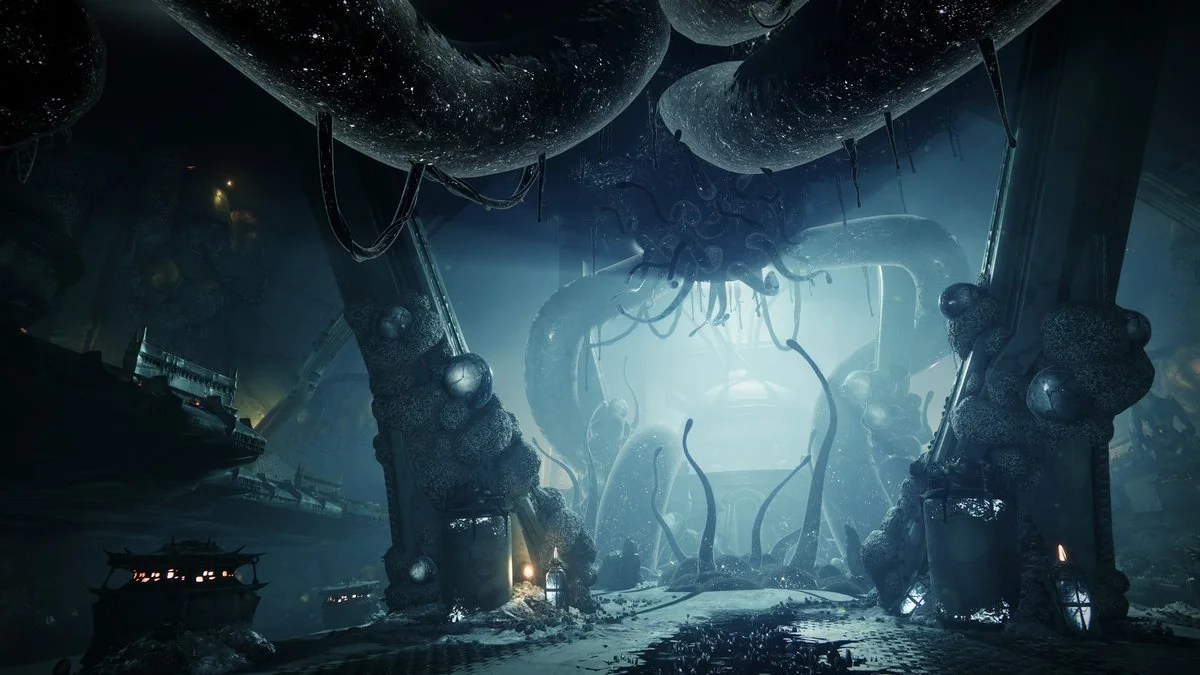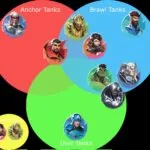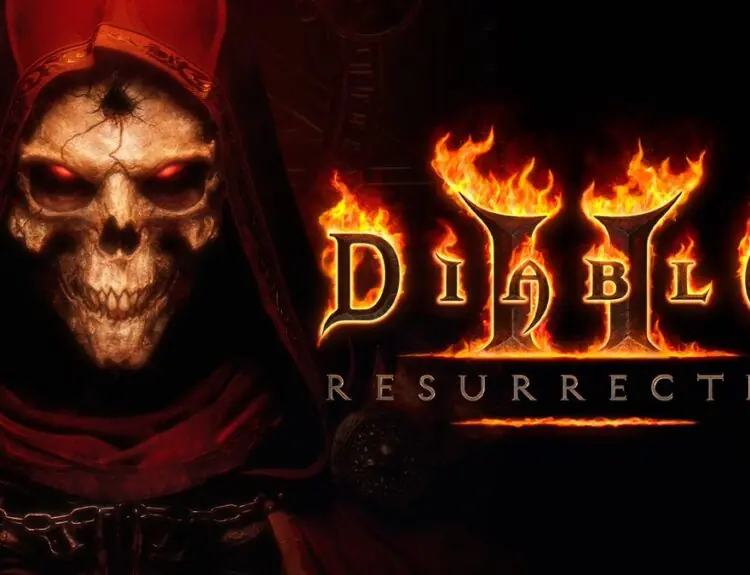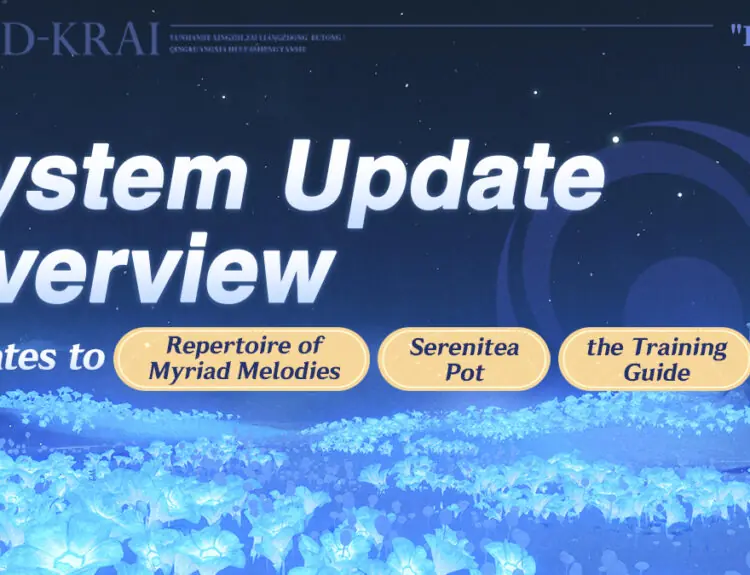In the vibrant realm of gaming, players often find themselves diving into expansive worlds filled with both challenges and treasures. One such world that has garnered attention recently is the Nether in Destiny, where players have been encouraged to utilize their Ghost companions as guides. A recent tweet captured the essence of this experience: “When you’re lost in the Nether, let your guide be your little Light. Pull out your Ghost and head towards the Star symbols within nav mode.”
This simple instruction not only serves as a beacon of hope but also highlights the complexities of exploring such an intricate environment.
As players embark on their journeys, many find that navigating the Nether can often be a disorienting experience. The realm’s vastness is intertwined with an array of enemies and environmental hazards, making a reliable guide crucial for survival. The use of Ghosts has been a part of Destiny’s gaming culture, serving not only as companions but also as valuable navigational tools.
Positioned strategically, Ghosts lead players to essential areas marked by Star symbols, ensuring an efficient and safe traversal through the hostile setting.
In the community’s immersive discussions, players like jonnyboy10213 have shared insights on the unique challenges they face while exploring the Nether. A significant point raised revolves around healing mechanics within this area. “The jars respawn for heals,” he emphasized, suggesting that players can regain health by returning to earlier locations during tense moments, particularly in boss fights.
The advice highlights the element of strategy, encouraging players to remember their surroundings as they venture deeper into the game.
However, not all players share the same enthusiasm for the game’s mechanics. Critics argue that the design could be improved, with organic Labaneh stating, “I said the no healing sucks…”. The frustration is palpable as players voice their concerns, pointing to the lack of healing mechanics as a significant flaw that disrupts gameplay enjoyment.
Such statements resonate with many who feel that certain features could be refined for a better experience. Even amidst disagreements, the community remains engaged, with users exchanging playful banter; for instance, one user quipped about the name “Nether,” likening it to a rehashed concept from other games.
Further conversation highlights relate to gameplay fatigue, with players discussing burnout from repetitive tasks. Other gamers like Lt_Sasakibe added depth to the debate, pointing out how missions have become tedious rather than thrilling due to monotonous objectives and the need to revisit previously completed tasks.
The sentiment echoes widely across the fandom, where players express longing for a richer, more varied game structure.
In the midst of this exchange, creativity shines through as users share alternative methods of navigation. Some, like Bobby Lee, humorously suggested placing torches down to mark paths, reminiscent of survival mechanics found in games like Minecraft. This notion underscores how player-generated ideas can improve experiences, suggesting that a collaborative spirit could ultimately enhance gameplay.
Destiny’s community is diverse, filled with players who share not only tips and criticism but also light-hearted interactions. The dynamics showcase the intense passion players have for their craft, manifesting in a blend of humor, frustration, and enthusiasm.
As players continue to explore the Nether and other realms, the hope remains that developers will listen to feedback, and perhaps look to introduce new ways to navigate and survive. The call for improvement continues with the gaming community eager to see how the franchise evolves.
Navigating the Nether is not just about finding one’s way but also about connecting within a community that thrives on sharing experiences, whether positive or critical. From using Ghosts for guidance to tackling healing strategies, players continue to delve into what makes their gaming life enjoyable, ensuring each journey—lost or found—becomes a story worth telling.







